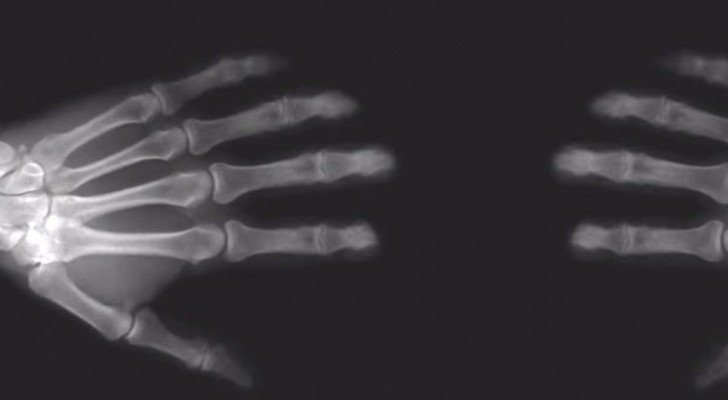Im sure you have had this scenario come in your office. A patient walks in and “cracks” every single on of their fingers and their significant other turns to you and asks, “Doc, is cracking your knuckles bad for you? I have heard many times that cracking your knuckles is bad and that you could increase your risk of getting arthritis.”
But is it truly that bad? Is this assumption actually based on research or is it more of an old saying that goes around?
When you crack your knuckles you are essentially stretching out the space between your bones. That space is filled with with synovial fluid, a liquid that reduces the friction in your joints when you move. It also contains gases (oxygen, nitrogen, and carbon dioxide). When you pop or crack a joint the expanding space creates negative pressure, similar to a vacuum, which sucks in the synovial fluid. Bubbles form due the various gases in the liquid. These bubbles then collapse which gives you the “cracking” or “popping” noise you hear.
Now when it comes to the research and what it says about whether or not this practice is bad, most medical sources agree that unless you are experiencing pain when you are popping or cracking your joints, you’re probably OK to keep doing it. An interesting man by the name of Donald L. Unger decided to do some of his own research on this topic. He cracked his knuckles on just one hand for 60 years while leaving the other one alone. He did not notice any more arthritis in the hand he cracked versus the one he didn’t.
But, one study performed in 1990 found that cracking your knuckles over a long period of time could lead to hand swelling and decreased grip strength. This study was done on 300 people and has yet to see any followup research.
So, if you like cracking your knuckles and joints, go for it! But remember that we don’t fully know what ramifications could come from it.







